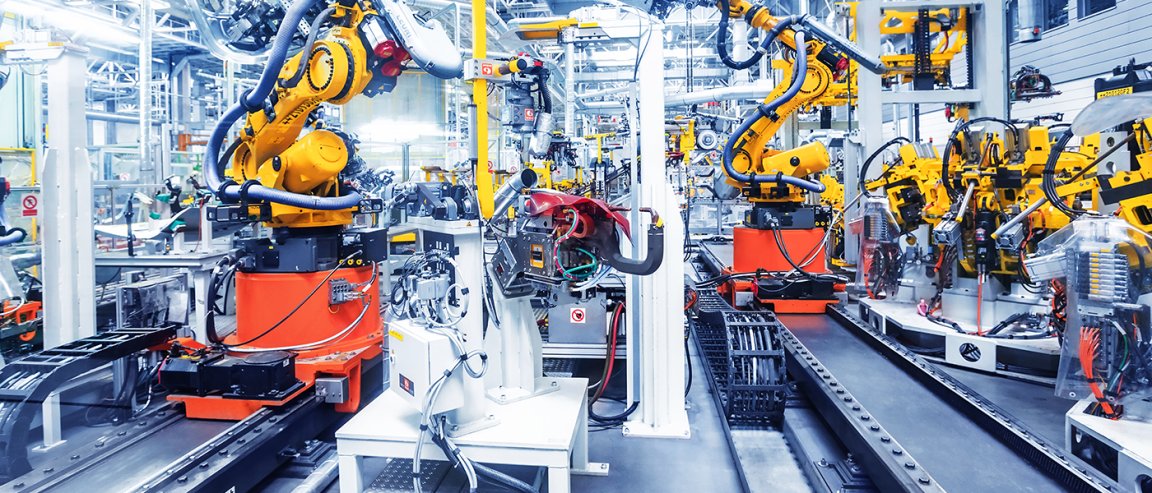
The Robot Revolution
Whether we like it or not, robots are making an impact in the job market. Experts predict that almost a million jobs will be replaced by robots in 2030, while companies like apple are justifying such predictions. This may also be a boon to governments that wish to cut costs, and almost 80 percent of administrative work will likely be automated in the course of the next 15 years.
We’re expected to see changes in sales, customer service, transportation, shipping and logistics, healthcare, and legal paraprofessionals. The consultancy firm PricewaterhouseCooper (PWC) took a look at the future of one of the world’s super-powers — the U.K.

In a few years even a developed country like Britain might lose a significant portion of its work force — about 30 percent — to automation, leaving 10 million workers without a job. Breaking the numbers down in terms of the sexes, this means that 35 percent of jobs currently held by men are at risk. Women are expected to fare slightly better, with only 26 percent of jobs currently held by women expected to be replaced by robots. While sectors such as wholesale and administrative work are most likely to get the replacement, the health care and social work industries might keep the automation at bay for now.
PWC’s chief economist, John Hawksworth, asserted in a PWC press release that this is because “manual and routine tasks are more susceptible to automation, while social skills are relatively less automatable.” In light of this prediction, the PWC’s team does offer several solutions, including increasing education, spreading potential gains from automation, and considering a form of Universal Basic Income (UBI).
How a Society Without Jobs Could Work
A UBI is gaining traction around the world as potential solution to global automation. While certain entrepreneurs dislike the notion or feel that we aren’t ready for it yet, countries like Finland, Canada, and even cities in the U.S. are experimenting with the system.
A UBI guarantees every citizen a monthly income regardless of any additional salaries they may accrue. While some urge for a complete replacement of all social programs with UBI, others suggest just a partial consolidation. In order to pay for the program as a whole in the U.S., experts suggest possibly eliminating tax cuts that represent upwards of $540 billion for the wealthy or reducing the $853 billion budget on defense.
Will UBI provide as sustainable solution to living in an automated world? We might just have to wait 15 years to find out.